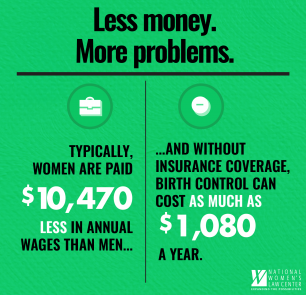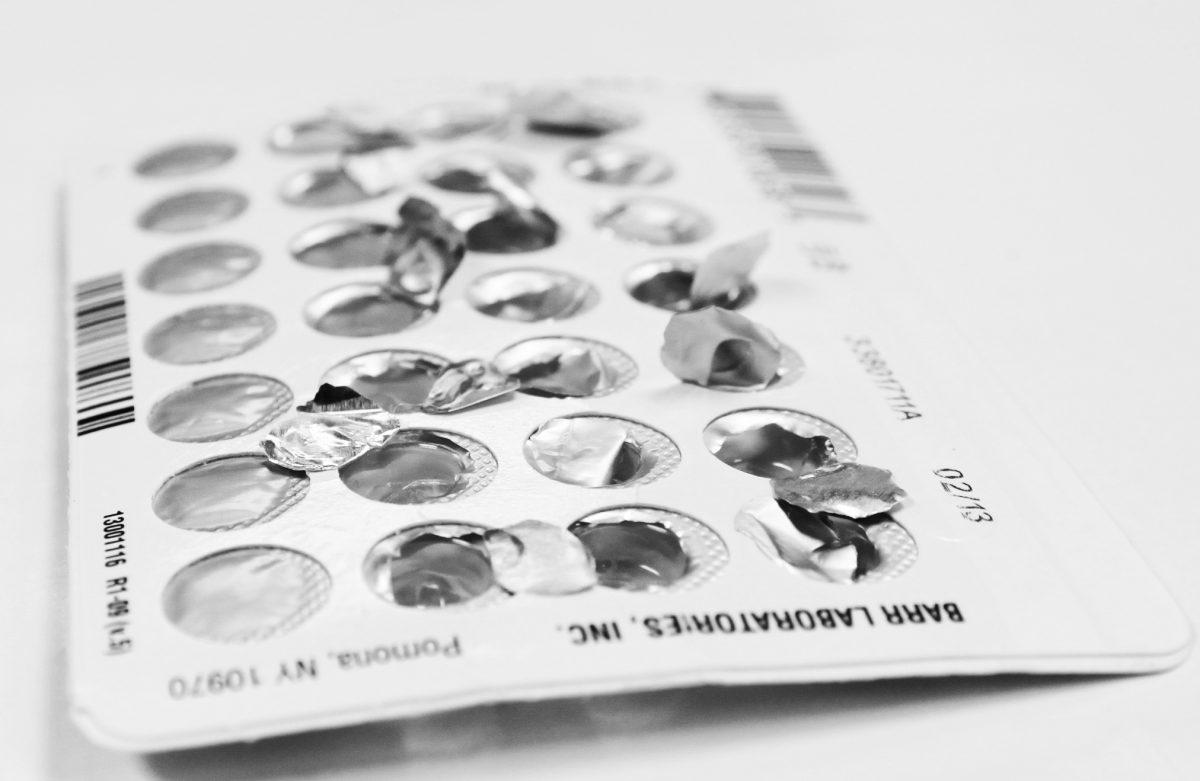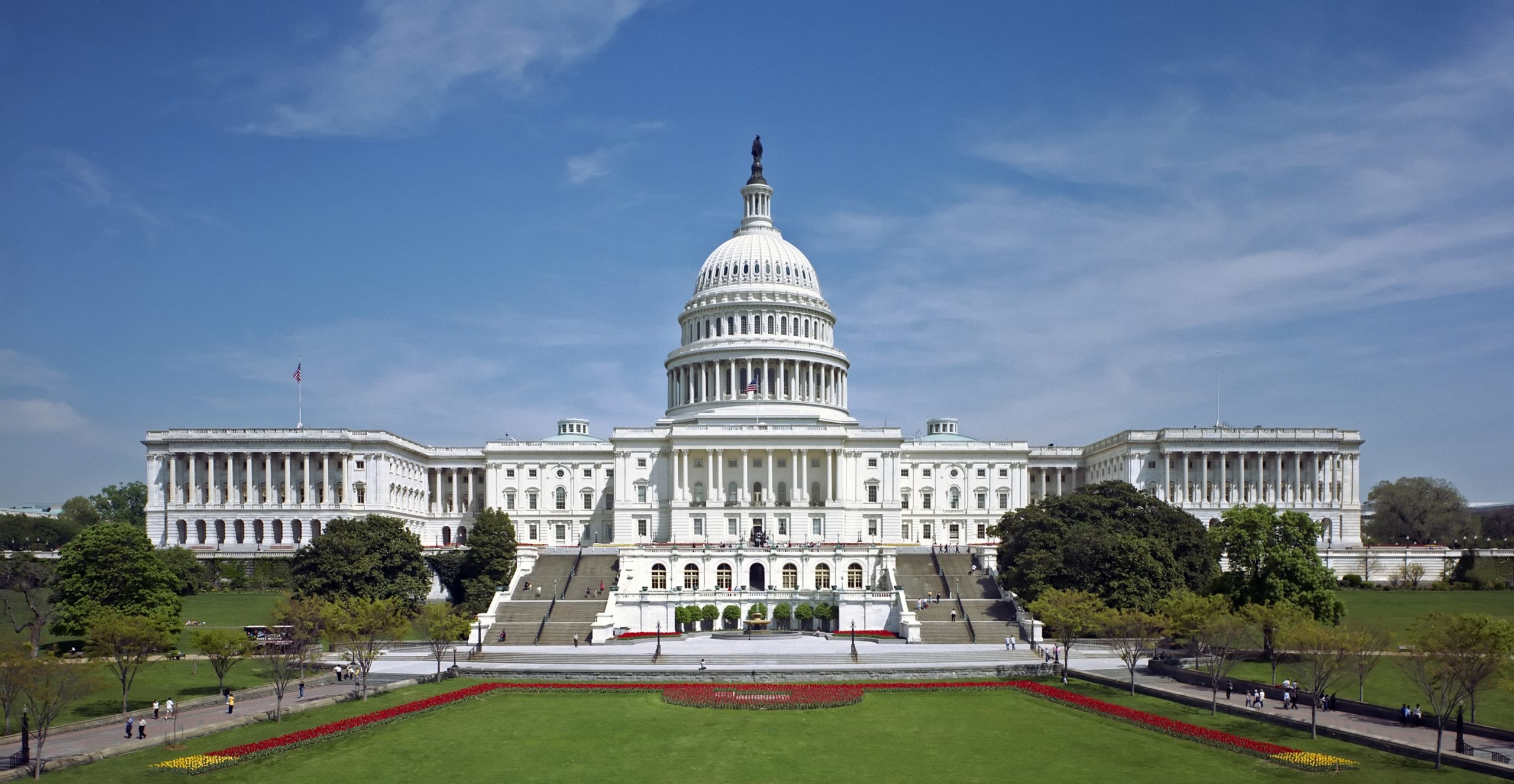Equal Pay Is Linked to Reproductive Health

 Today, Equal Pay Day, marks how long a woman working full time, year round must work into 2017 to be paid what her male counterpart was paid in 2016. On this day, it is not only important to acknowledge what that discrimination means for a woman’s income – a working woman stands to lose $418,800 over a 40-year career compared to her male counterpart – but also what it means for her ability to access reproductive health care.
Today, Equal Pay Day, marks how long a woman working full time, year round must work into 2017 to be paid what her male counterpart was paid in 2016. On this day, it is not only important to acknowledge what that discrimination means for a woman’s income – a working woman stands to lose $418,800 over a 40-year career compared to her male counterpart – but also what it means for her ability to access reproductive health care.
Reproductive health care can be costly. Without insurance coverage, birth control can cost as much as $1,080 a year. Women seeking an abortion also face steep costs. In fact, more than half of women who get abortions spend the equivalent of more than one-third of their monthly income on the procedure and its associated costs. A woman who is already paid 80 cents or less for every dollar paid to a man may not be able to pay for the reproductive health care she needs, she may be forced to use birth control inconsistently or incorrectly, or she may have to forgo basic necessities such as food, rent, or utilities in order to save up enough money to afford the health care she needs.
If a woman is unable to afford the reproductive health care she needs, it could force her and her family into economic instability or poverty. Access to reproductive health care services is linked to greater educational and employment opportunities for women, as well as higher lifetime earnings for them and their families. But a lack of access has a profound negative impact on these social and economic determinates. For example, one study found that women denied an abortion were worse off financially, more likely to be unemployed, and more likely to be living in poverty one year later than women were able to obtain an abortion.
Equal pay, an important factor of economic stability – not just for women and their families but for the larger economy – is also an important factor in the realization of reproductive freedom for women. Both equal pay and reproductive freedom work together to further – or hinder – the economic success of women and their families.



